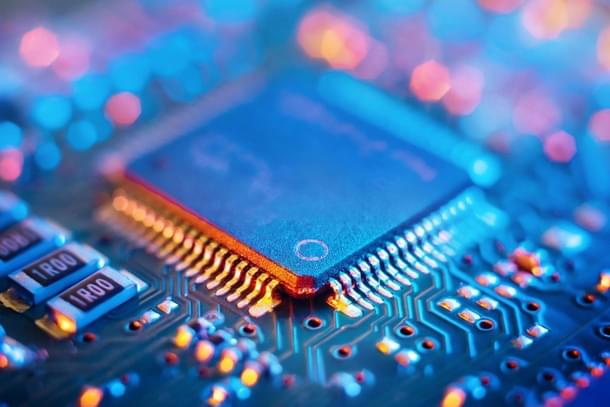Business
Chip Companies From Around The World Are Heading To Japan
Swarajya Staff
May 19, 2023, 10:41 AM | Updated 11:25 AM IST
Save & read from anywhere!
Bookmark stories for easy access on any device or the Swarajya app.


Japanese PM Kishida met with global chip company executives, showcasing a surge of investment activity in Japan of over 2 trillion yen ($14 billion) announced this year alone.
Players from the US, Europe, South Korea, and Taiwan are spending money on Japanese chip supply chains, which aligns with the Japanese government's goal of forming partnerships grounded in shared values.
The objective is to secure steady access to essential components while reducing reliance on China, while also strengthening economic security in the region.
Kishida urged top global industry names at Thursday's (18 May) meeting to invest more in the chip industry and promised government support by mobilising its resources.
"The CEO of Micron Technology, Sanjay Mehrotra, announced, as reported by Asia Nikkei, that the company intends to invest 500 billion yen in Japan, including the construction of a memory chip manufacturing line at their Hiroshima facility".
Applied Materials plans to hire 800 engineers and increase its local headcount by about 60 per cent, according to Prabu Raja, the president of the semiconductor products group. This expansion is in anticipation of future projects, such as the government-backed Rapidus plant that aims to produce advanced chips.
Intel CEO Pat Gelsinger talked to Nikkei and TV Tokyo about potential investment in semiconductor packaging.
IMEC plans to establish a research center in Hokkaido to aid Rapidus. Samsung Electronics will invest over 30 billion yen in a new chip development facility in Yokohama, while Taiwan Semiconductor Manufacturing Co is constructing a plant in Japan, with another one in progress.
These developments highlight the strong push towards semiconductor research and development in Japan.
The plans to build a new TSMC plant in Kumamoto prefecture, Japan, will secure a stable chip supply and boost the local economy by an estimated 4.3 trillion yen over ten years, according to private sector estimates.
Since the release of Japan's semiconductor strategy by the Ministry of Economy, Trade and Industry in 2021, focus has been on developing the country's chip industry.
Japan plans to boost sales of semiconductors and related products made in the country to 15 trillion yen by 2030 and has allocated 2 trillion yen to support this goal through subsidies and creating a more favorable business environment for both domestic and foreign players in the field.
Semiconductor supply disruption could have far-reaching economic and security implications. These components are critical to global decarbonisation, digitalisation, and emerging technologies, including AI and quantum computing.
Semiconductor production and development networks are globally distributed, creating a vulnerability in times of crisis. Restrictions by the US, Japan, and Europe on chip-related exports to China exacerbate the issue.
To manage risks of conflict or emergency, the US aims to limit China’s chip industry growth and cultivate supply chains with like-minded partners. Japan's new amiability with South Korea has prompted Samsung’s investment, a gesture backed by the US.
Recently, Japan announced that it will implement export regulations on 23 equipment types utilised in semiconductor manufacturing, in response to US' restrictions to block China from advanced chip technology.
Japan has fulfilled its part of a three-way agreement with the US and Netherlands, to limit China's access to equipment for advanced semiconductor production.





